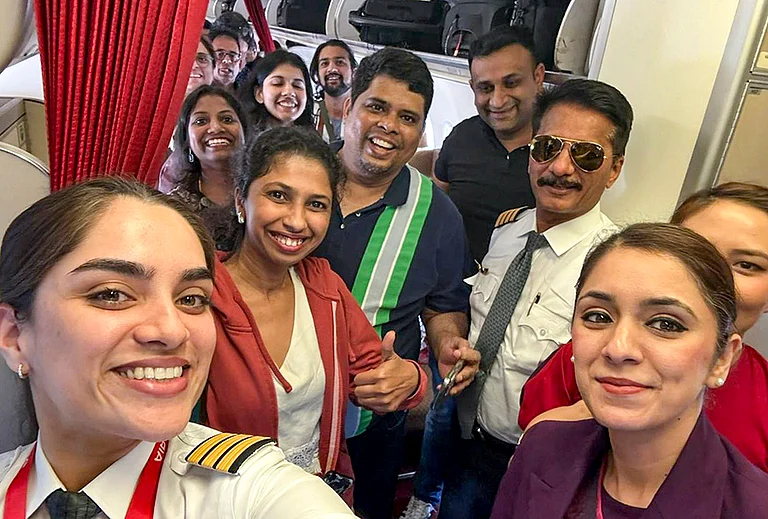In a move aimed at maintaining law and order, the Manipur government has announced the extension of the ban on internet services in the state for another five days. This decision comes in the wake of ongoing ethnic violence that erupted on May 3 and subsequent concerns regarding the misuse of social media platforms, according to the reports by The Wire.
The government, in its official order, expressed apprehension that anti-social elements could exploit social media to spread images, hate speech, and incendiary video messages, potentially inciting public unrest. The order highlights the risk of loss of life and damage to public and private property, necessitating the continuation of the internet shutdown.
Last Friday, the Supreme Court declined to hold an urgent hearing on petitions challenging the internet shutdown in Manipur. Chongtham Victor Singh, a lawyer in the Manipur High Court, and Mayengbam James, a businessman, filed a petition arguing that the ban was obstructing trade and occupation for the general public and depriving them of their constitutionally derived freedom of speech and expression.
The petitioners emphasized the significant economic, humanitarian, social, and psychological impact caused by the internet ban on the lives of the people in Manipur. The inability to attend school, access funds from banks, receive payments from clients, distribute salaries, and communicate via email or messaging apps has severely affected daily activities.
India has gained notoriety for its frequent internet shutdowns. In a recent joint report by Human Rights Watch (HRW) and the Internet Freedom Foundation (IFF), India's record as the world's internet shutdown capital was scrutinized. The report revealed that these shutdowns, which impede people's access to food, work, education, and health, are enabled by the state and its laws, raising concerns about India's compliance with international legal obligations.






















